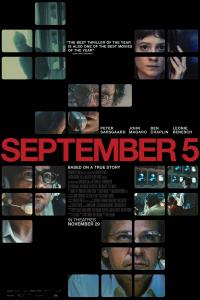Torrent details for "Blood- The Science, Medicine, and Mythology of Menstruation by Jen Gunter" Log in to bookmark
Controls:
Category:
Language:
 English
EnglishTotal Size:
498.67 MB
Info Hash:
c2562de9b28c2b15de81e3ab5e57f45b058fabf7
Added By:
Added:
28-01-2024 22:50
Views:
569
Health:

Seeds:
6
Leechers:
0
Completed:
377
Thanks for rating :
clonesir
 (5),
(5),
clonesir
Most women can expect to have hundreds of periods in a lifetime. And yet few are given the tools to understand the science of their own cycle, how it changes over their lifetime, and how it connects to their overall health.
Despite its significance, most education about menstruation focuses either on increasing the chances of pregnancy or preventing it. And while both are crucial, women deserve to know more about their bodies than just what happens in service to reproduction. Instead, the patriarchy has weaponized menstruation through outdated cultural norms, medical dismissal, inadequate menstrual accommodations, and useless products. To distinguish medicine from mythology, people need information. To advocate for ourselves, we need to know how our bodies work. Consequently, many people suffer in silence, thinking their bodies are uniquely broken, or they turn to disreputable sources.
In this practical, inclusive guide to menstruation, Dr. Jen Gunter delivers empowerment through knowledge. She explains what's typical, what's concerning, and when to seek care, while also examining the historical and social myths which keep women uninformed and disenfranchised. Written with no-nonsense expertise and frank, fearless wit, Blood gives women the tools to take back control of their bodies and kick menstrual shame to the curb. Period.
User comments Sort newest first
by Shoshin




on 2024-02-03 03:04:57
 | Goomer |
Comments need intelligible text (not only emojis or meaningless drivel).
No upload requests, visit the forum or message the uploader for this.
Use common sense and try to stay on topic.
No upload requests, visit the forum or message the uploader for this.
Use common sense and try to stay on topic.











































